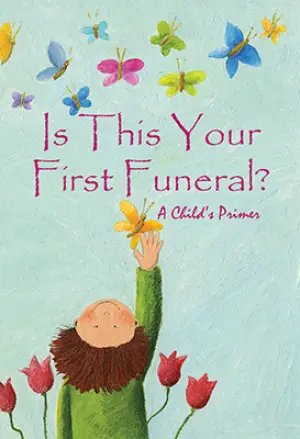The Garden (Into Shadow, #1) — A Trip Worth Skipping
When I first stumbled upon The Garden by Jason McTavish, I was drawn in by the intriguing premise of a woman embarking on a life-altering journey into the Brazilian jungle, searching for a paradise her mother had once left behind. This seemed ripe with thematic exploration of love, abandonment, and perhaps a hint of magic. However, what I found instead was less of a profound exploration and more reminiscent of a troubled dream I wished I could wake up from. With a mix of disappointment and bewilderment, I dove into this bizarre narrative with the hope that it might turn the corner, but alas, it didn’t.
At the heart of The Garden is Lęina, an eccentric American who hires Angelo, a local guide, to take her to the mythical destination that her mother supposedly escaped to after their estrangement. From the start, the plot felt disjointed, lacking a coherent direction or resolution. The dialogue, a key component in any narrative, felt painfully contrived. For instance, Lęina frequently engages Angelo in nonsensical exchanges that left me more baffled than entertained. Consider a conversation where they leap from discussing curses to questioning the depth of feelings evoked by books. Though McTavish aimed for whimsical philosophical musings, I found myself cringing rather than pondering.
The writing style is a point of contention for me. McTavish opts for a flowing narrative interspersed with snippets of Lęina’s awkward poetic interjections. They often feel out of place and serve to isolate her character further. For example, Lęina’s question, "Haven’t you ever felt the kiss of fabled winds brush across your face?" might hint at a deeper exploration of emotion, but instead, it felt like a forced attempt at profundity. Being subjected to her bizarre ruminations made me question not only her sanity but also the creative choices at play.
Admittedly, there are glimpses of something that could have been interesting—a kernel of a story waiting to be polished. The dynamic between the straight-laced Angelo and the free-spirited Lęina sets the stage for comedic potential. Yet, instead of developing meaningful chemistry, their encounters ranged from cringeworthy to outright painful. "So people can be cursed?" she queries, prodding him to a duel of riddles, when all I wanted was for him to take her back to the airport.
As I turned the final page, my mind was abuzz with one burning question: Who would actually enjoy The Garden? Perhaps readers who revel in absurdity or those looking for a story devoid of traditional structure might find some charm in its chaos. The heightened sense of confusion and emotional turmoil could resonate with those who have felt lost in their own life journeys.
In reflecting on my experience, I can’t help but ponder the importance of narrative intention. While McTavish may have aimed to explore themes of love, magic, and human connection, I found myself exhausted by Lęina’s incessant quest for meaning in her interactions, often through bewildering poetry. Part of me wishes I could recommend this book for its daring ambition, but honestly? I’d highly disrecommend it.
If you’re looking for a guide through the verdant jungles of metaphor and meaning, perhaps best to look elsewhere—The Garden may not be the adventure you’re hoping for.
Discover more about The Garden (Into Shadow, #1) on GoodReads >>



